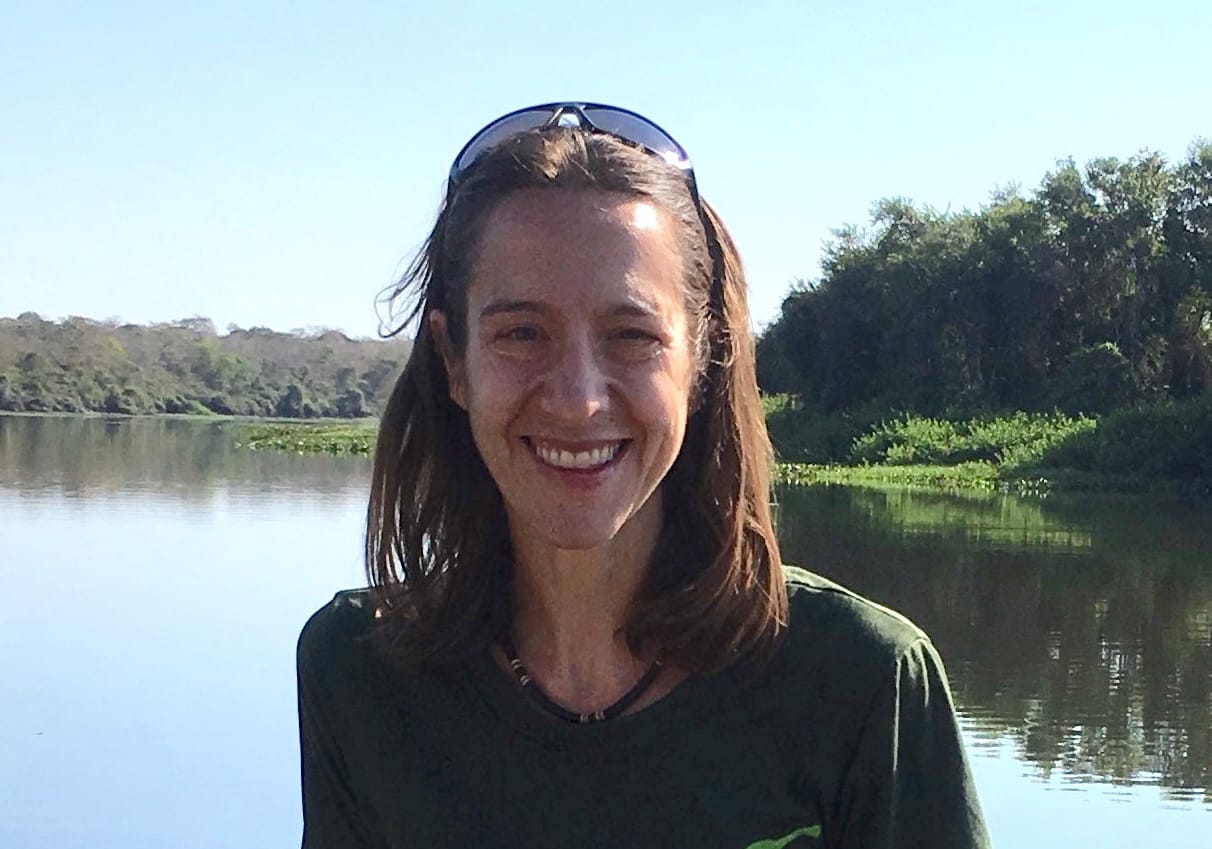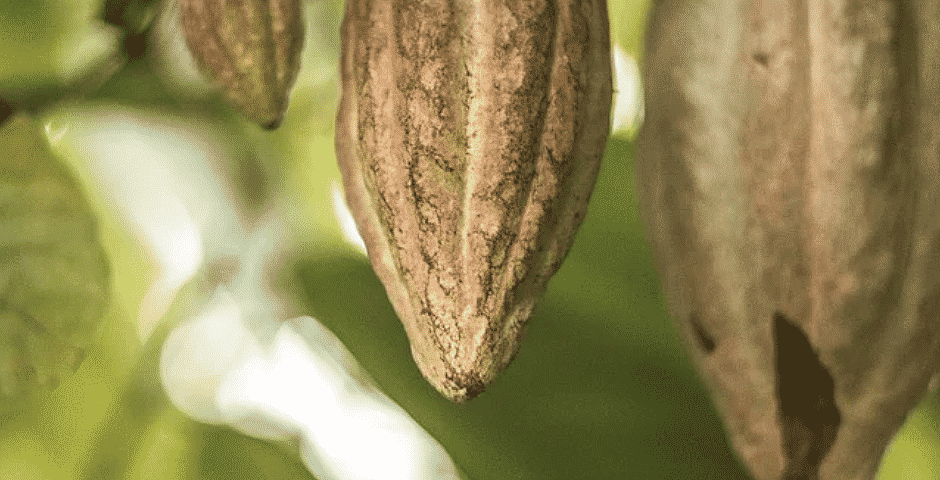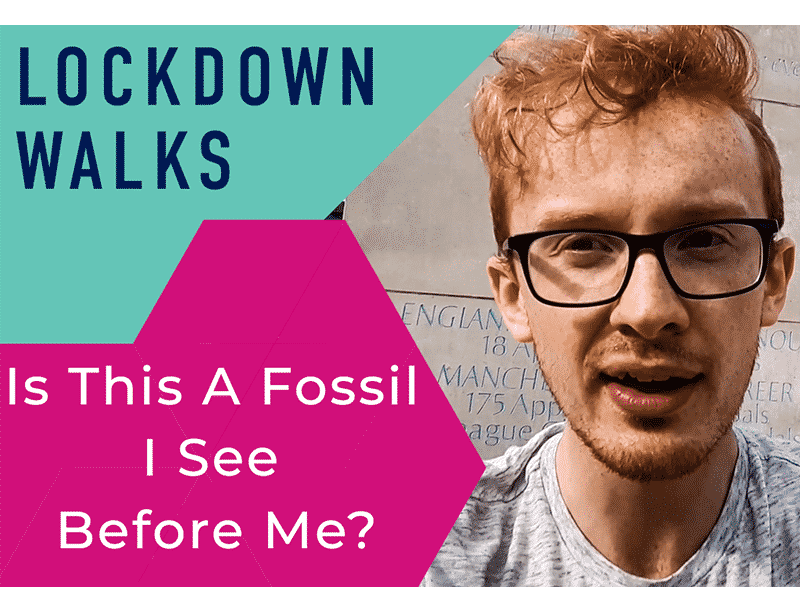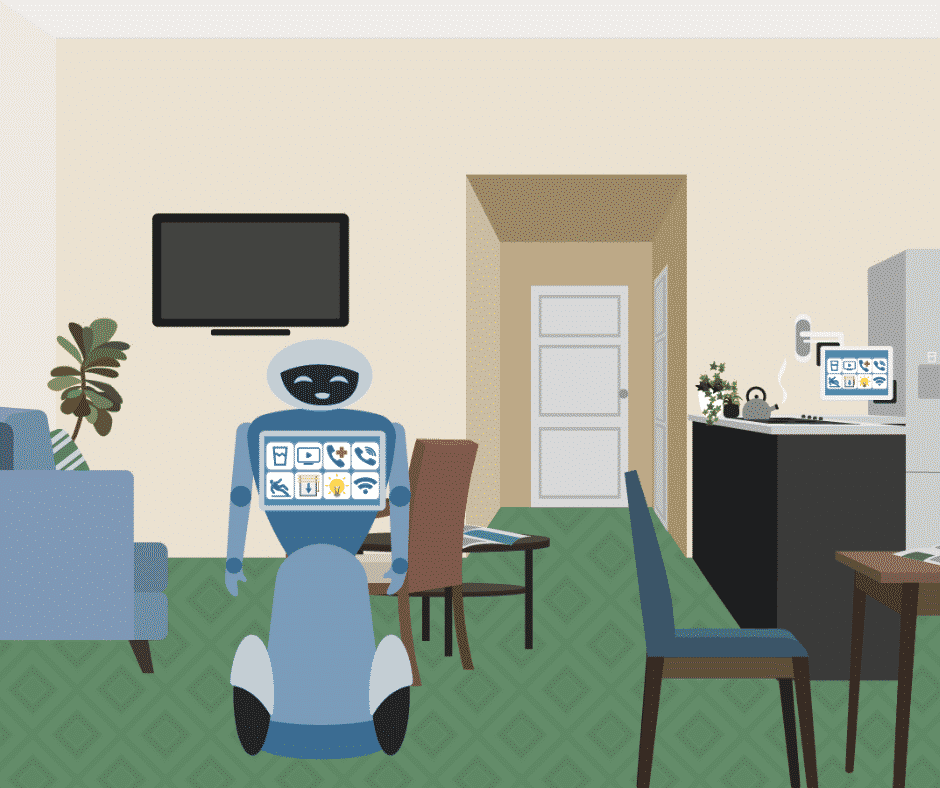Science is everywhere...
start here
Media

Imma Oliveras Menor
Plant and ecosystems ecologist, fire ecologist
I was born in a rural town in the mountains of Catalonia, and I have had a passion for…
New
Most Popular

Could chocolate go extinct?
Chocolate. It’s rare to find anyone who isn’t partial to a square or two of this delicious treat. But…
New
Most Popular

Lockdown Walks – Is this a fossil I see before me?
You find fossils on the beach, right? If you’re really lucky and spend ages looking? WRONG! Fossils – by…
New
Most Popular

Should all robots have an ethical black box?
WHODUNNIT?! Nowadays, the idea of encountering robots in our daily lives isn’t pure science fiction. Many of us interact…
New
Most Popular

Can we build an eco-friendly aeroplane?
Remember those days when it was possible to climb aboard a plane and jet off around the world? Well,…
New
Most Popular
